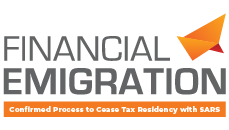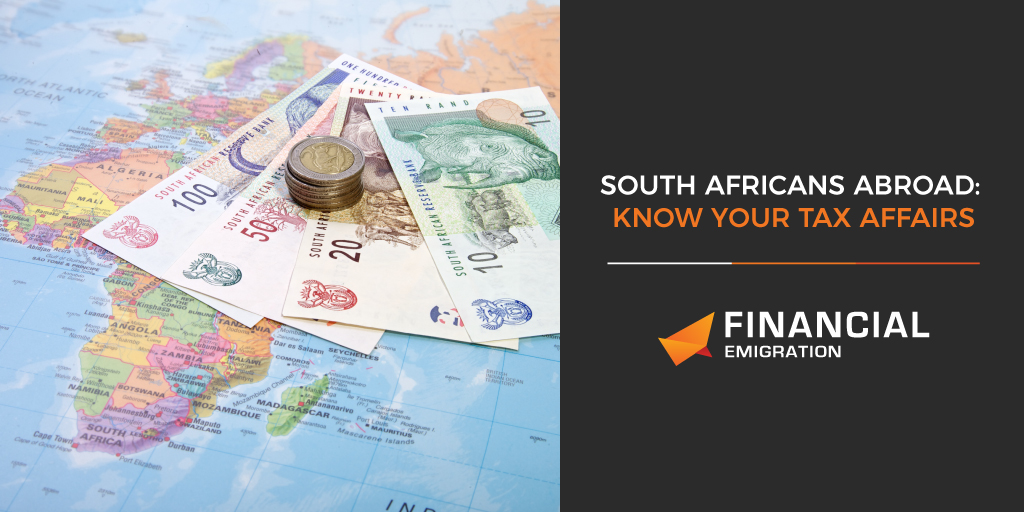Incorrect information and advice from tax practitioners, or in some cases South African Revenue Service (SARS) officials, has resulted in the misunderstanding of complex South African expatriate tax legislation, which has landed many South African in deep water with SARS.
This has led to many expats being under the incorrect impression that their tax affairs are in order, as a tax practitioner is handling their financial matters.
However, often further investigation reveals that tax submissions are in many cases incorrect, or at least partially so. This could lead to serious legal implications with SARS, should this not be rectified.
Common Misconceptions
Many expats are informed that should they meet a simple days-test (183-61 days) they are no longer required to file tax returns or do not need to declare their foreign income in South Africa. Many expats have therefor been incorrectly filling returns showing only South African sourced income; zero returns or in severe cases not filling returns at all.
If you are a South African working abroad and have not formally ceased your tax residency you are legally required to submit tax returns every year declaring your worldwide income. Should you then meet the requirements of section 10(1)(o)(ii) of the Income Tax Act No.58 of 1962 you will be able to exempt tax on your foreign earnings.
This section states:
• 10(1) There shall be an exemption from normal tax-
• (o) on any form of remuneration-
• (ii) received or accrued to an employee during any year of assessment by way of any salary; leave pay; wage; overtime pay; bonus; gratuity; commission; fee; emolument or allowance, including any amount referred to in paragraph (i) of the definition of gross income in section 1 or an amount referred to in section 8, 8B or 8C in respect of services rendered outside the Republic by that employee or on behalf of any employer, if that employee was outside of the republic-
• (aa) for a period or periods exceeding 183 full days in aggregate during any period of 12 months; and
• (bb) for a continuous period exceeding 60 full days during that period of 12 months
• And those services were rendered during that period or periods
Meeting these requirements will afford you a full exemption on all foreign earned income during this period. However, as of the 1st of March 2020, an amendment made to section 10(1)(o)(ii) comes into effect, this places a R1-million cap per annum on the exemption. Thus, foreign income earned exceeding this cap will now be subject to tax in South Africa.
SARS won’t find out
As of June 2017, South Africa joined the Common Reporting Standard (CRS), this was created to combat tax evasion and is the sharing of tax and financial information on a global scale.
Currently there are 97 countries who have already joined the CRS, which includes the European Union; United Kingdom; Australia; Canada; China; Kuwait; New Zealand; Qatar; Saudi Arabia and the United Arab Emirates. Thus, all your global earnings are now being shared from various financial institutions and revenue authorities globally.
This includes:
• Names, addresses, tax numbers and identification numbers relevant to place of birth.
• Bank account numbers.
• Account balances for the relevant calendar year.
• Any capital gains acquired from the sale of properties or investments.
Therefore, when SARS cross references the information they are receiving from the CRS with what you have declared on your tax returns and the two do not align, expats could face implications ranging from penalties to criminal prosecution for tax evasion.
Solutions
Be prudent in your approach to your tax affairs, explore your options and don’t take any information at face value as ignorance is not a valid or legal defence.
Seek professional advice from experts in the field of expatriate tax law and ensure that you understand the requirements that affect you.
Author

Nicolas Botha
Tax Diagnostic and Financial Emigration Specialist





